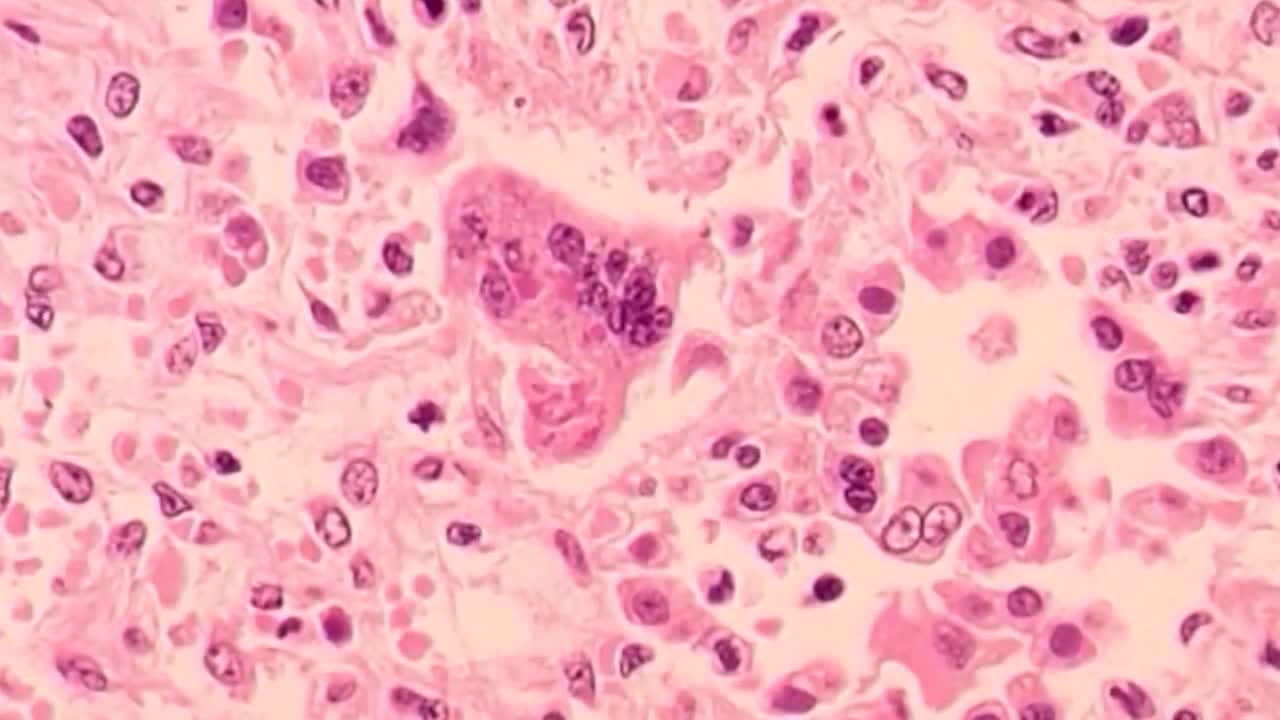Singapore's Healthcare Future: Will Body Scans Revolutionise Wellness or Fuel Anxiety?

The rise of advanced body scanning technology is generating significant buzz in Singapore's healthcare landscape. Promising a glimpse into our inner health like never before, these scans offer the potential for early disease detection and highly personalised treatment plans. But amidst the excitement, a crucial question arises: are we on the cusp of a healthcare revolution, or are we inadvertently cultivating a culture of health anxiety?
The Promise of Predictive Healthcare
Body scanning technologies, encompassing everything from whole-body MRIs to advanced genomic sequencing, are rapidly evolving. Previously a luxury reserved for research or specific clinical needs, the cost of these scans is steadily decreasing, making them increasingly accessible to the average Singaporean. Coupled with the accelerating advancements in Artificial Intelligence (AI), the accuracy and interpretation of results are reaching new heights.
This convergence of factors is paving the way for a truly transformative shift in healthcare. As UK Health Secretary Wes Streeting recently highlighted, “Advances in genomics and data mean the healthcare of the future will be more predictive, more preventative, and more personalised than ever before.” This vision resonates strongly with Singapore's proactive approach to healthcare – a focus on preventing illness before it takes hold, rather than solely reacting to it once symptoms appear. Imagine a future where potential risks are identified years in advance, allowing for targeted interventions and lifestyle adjustments to mitigate those risks.
The Potential Pitfalls: Health Anxiety & Overdiagnosis
However, the path to this utopian vision isn't without its potential pitfalls. The availability of detailed insights into our bodies can trigger a surge in health anxiety, particularly for those predisposed to worry. Discovering even minor anomalies, which may be benign or require no treatment, can lead to unnecessary stress, further medical investigations, and potentially harmful interventions.
Furthermore, the increased sensitivity of these scans raises the spectre of overdiagnosis – identifying conditions that would never have caused harm in the individual's lifetime. This can result in unnecessary treatments, exposing patients to risks and costs without providing any real benefit. The challenge lies in striking a delicate balance between leveraging the power of these technologies for early detection and safeguarding against the psychological and medical consequences of excessive screening.
Navigating the Future Responsibly
To ensure that body scanning technologies contribute positively to Singapore’s healthcare system, a multi-faceted approach is needed. This includes:
- Clear and Transparent Communication: Healthcare providers must be equipped to effectively communicate scan results to patients, explaining the significance of findings in a clear, non-alarmist manner.
- Psychological Support: Accessible mental health services should be available to individuals experiencing anxiety related to scan results.
- Evidence-Based Guidelines: Developing evidence-based guidelines for the appropriate use of body scanning technologies is crucial to avoid overscreening and unnecessary interventions.
- Ethical Considerations: Open discussions about the ethical implications of these technologies, including data privacy and equitable access, are essential.
Conclusion
Body scanning technology holds immense promise for revolutionising healthcare in Singapore. By embracing a responsible and thoughtful approach, we can harness its potential to improve health outcomes while mitigating the risks of health anxiety and overdiagnosis. The future of healthcare isn't just about technological advancements; it's about ensuring that these advancements are used wisely and ethically to enhance the well-being of all Singaporeans.





